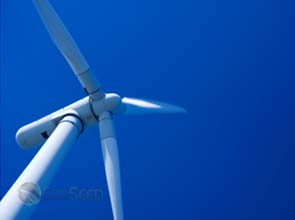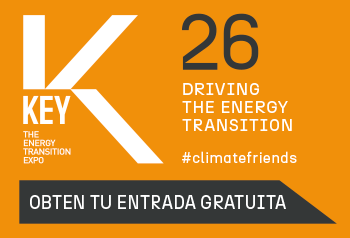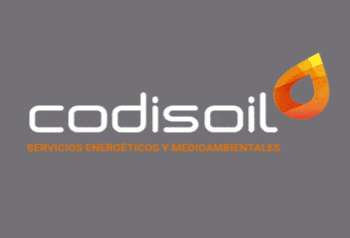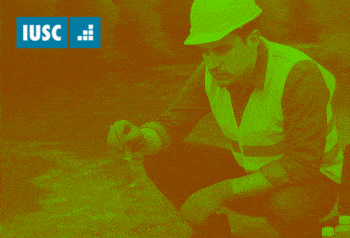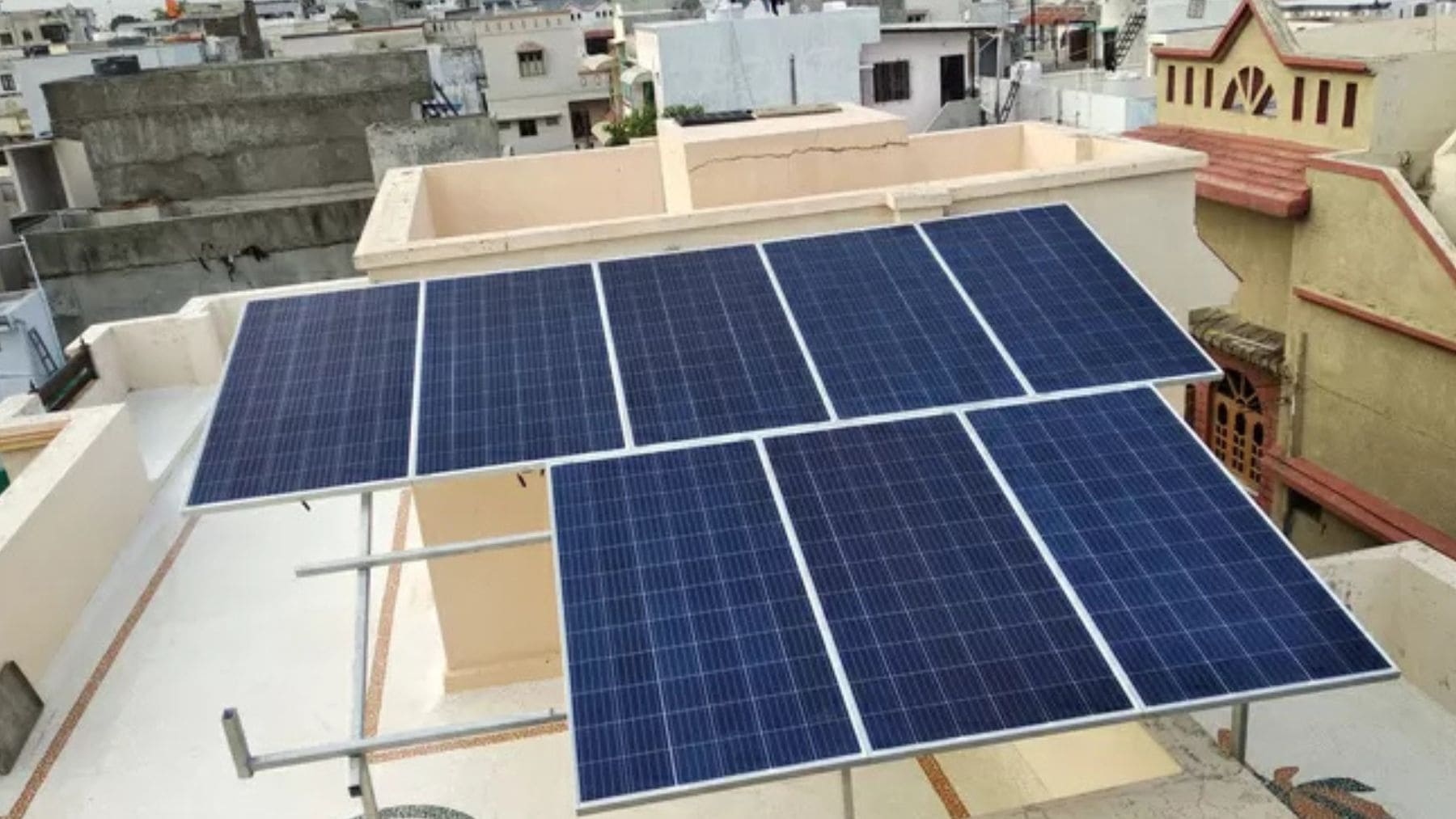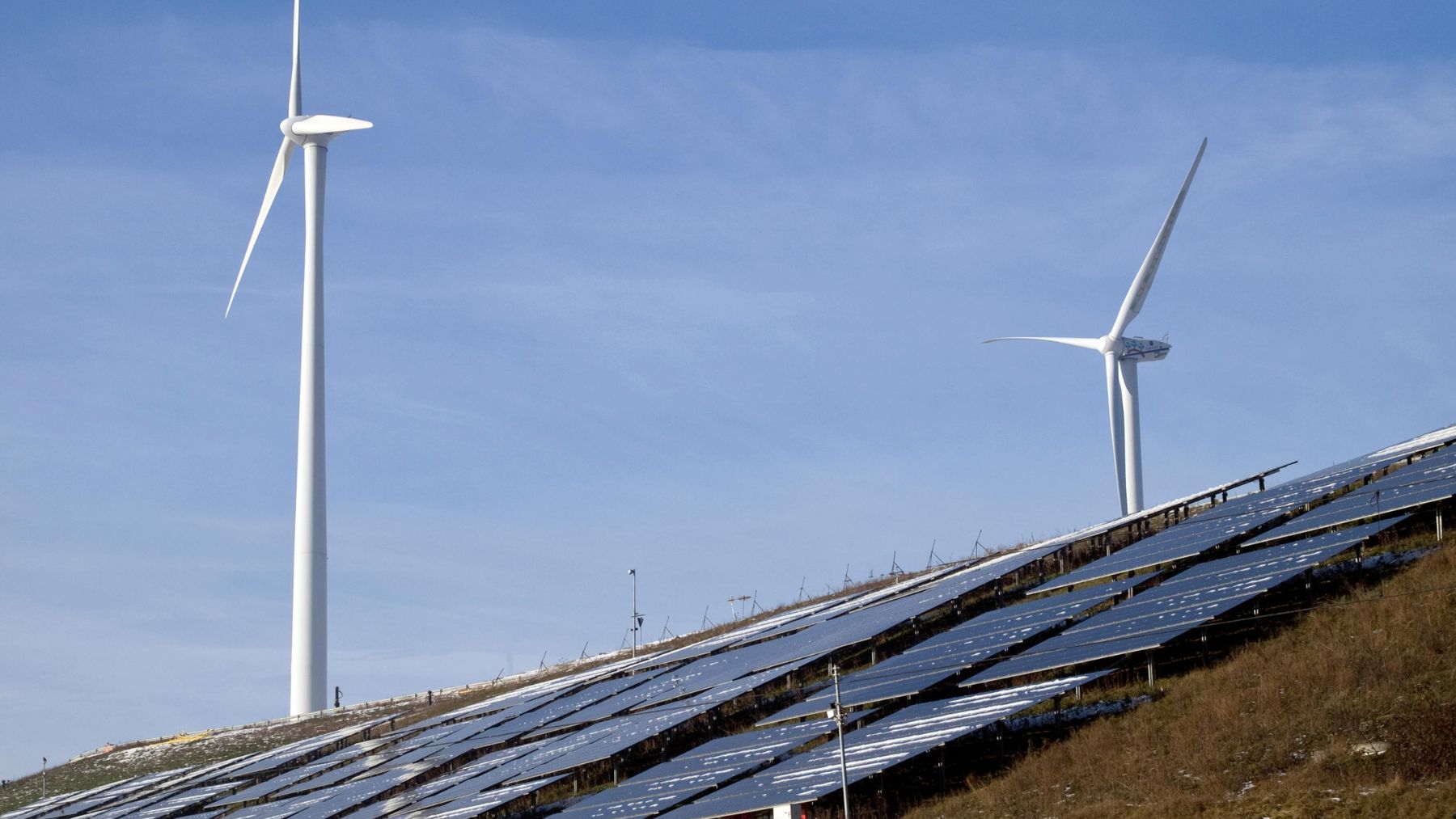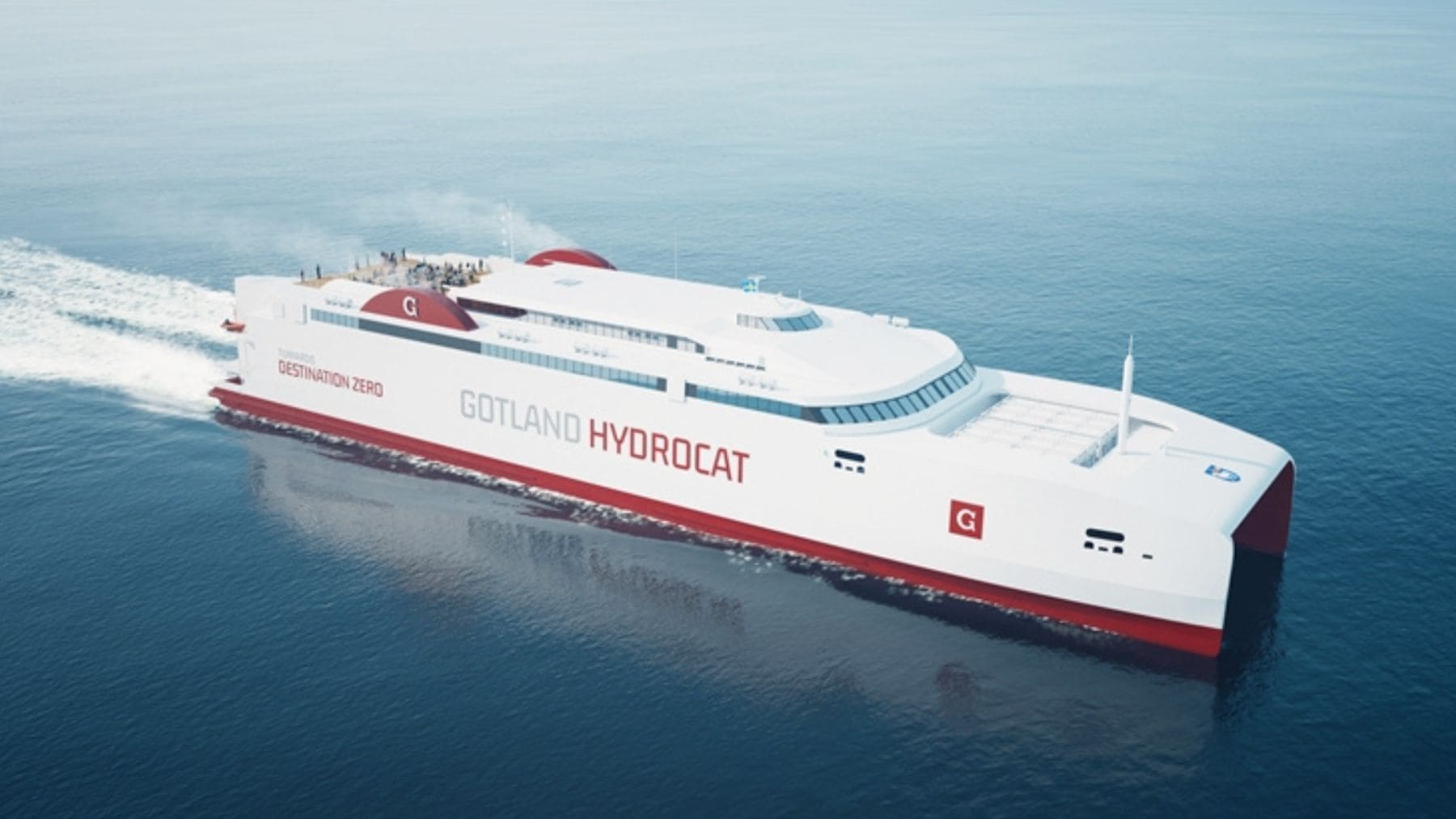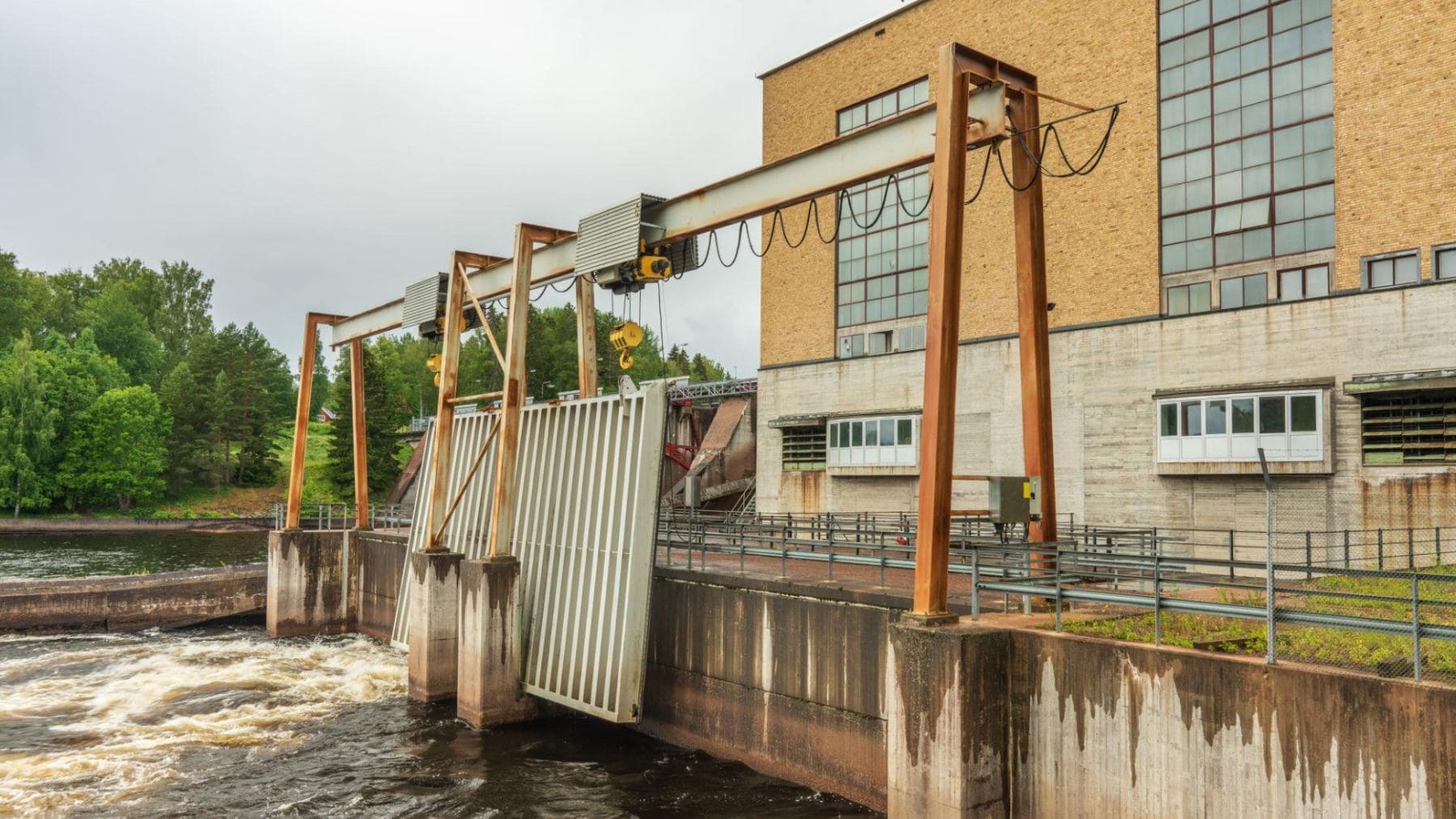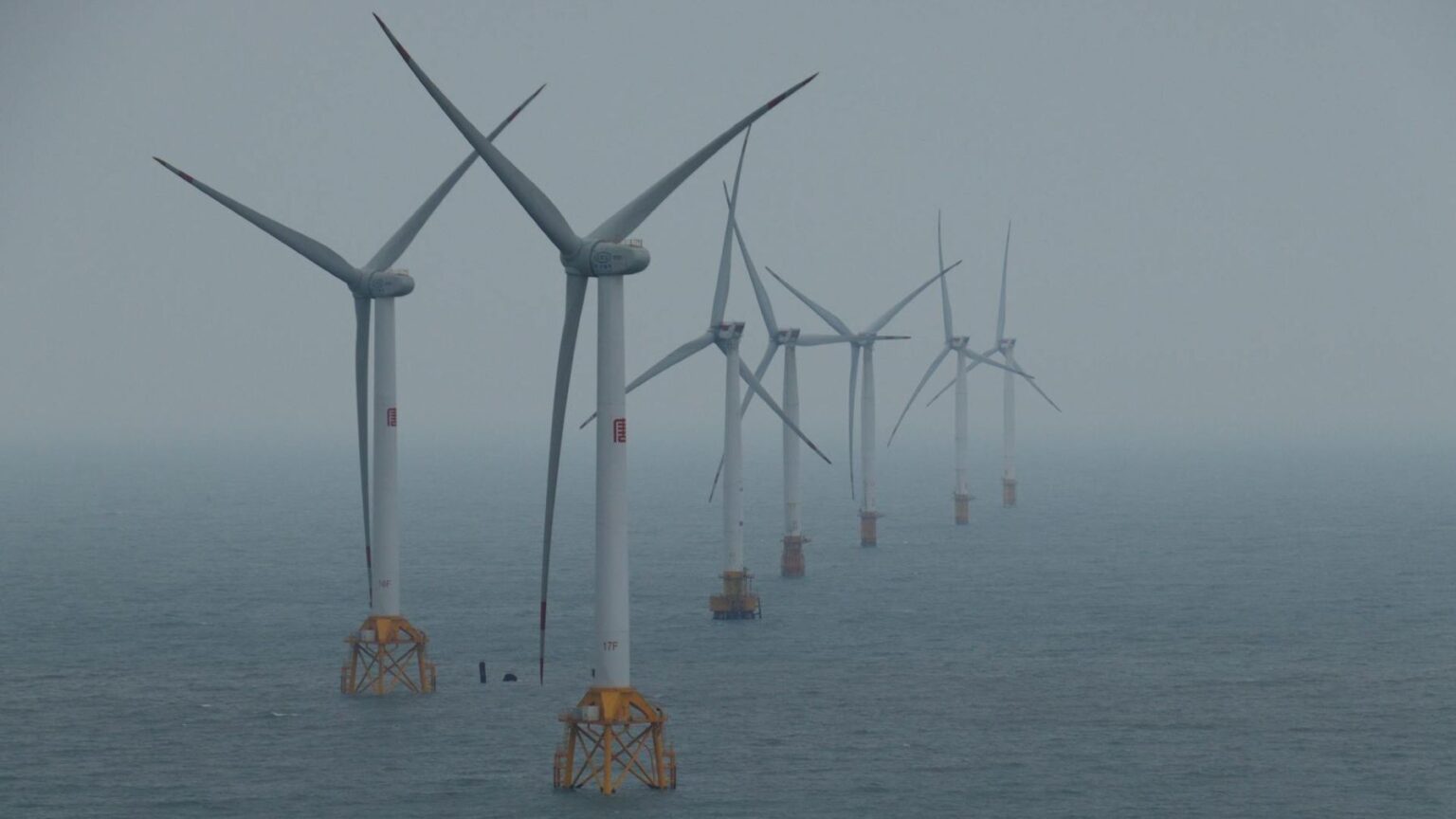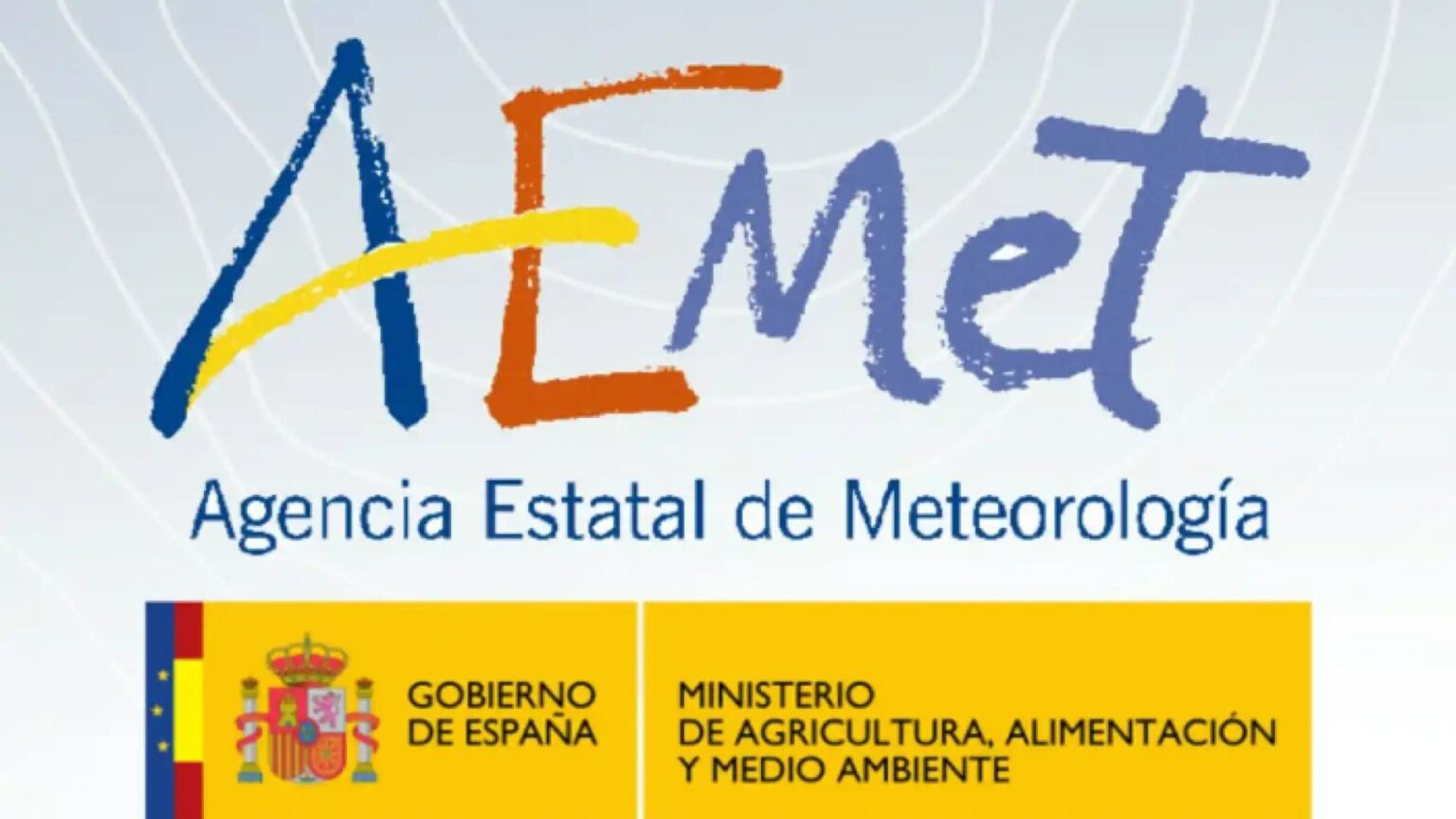Four months and 4,000 entries into G.E.’s much-touted Ecomagination challenge, where it promised financial support of $200 million into new ideas for targeted categories, it has come up with a total of 17 high-tech companies that it said it will fund.
The G.E. Ecomagination Challenge: Powering the Grid contest wanted to corner the best ideas mainly toward building a more efficient and economical power grid. It is part of the broader Ecomagination flagship campaign.
Five winners named will each receive $100,000 to develop their ideas which address problems ranging from frozen wind farm blades, water supply and smart grid security.
Two focused on improving wind turbine designs. IceCode from New Hampshire developed a technology that can defrost wind turbine blades so they never have to be slowed or shut down for repairs.
WinFlex, from Israel, designed an inflatable wind turbine made from inexpensive cloth sheets. The lightweight wind turbine is said to reduce installation costs by at least 50 percent and could shorten the return on investment to three to four years, without subsidies.
The remaining entries were solely focused on the smart grid. Texas-based Capstone Metering’s entry is a smart water meter that can generate its own power – using water – and can be remotely accessed in real time using wireless networks, and through the Internet, eliminating the need for manual meter-readings.
Grid-On Systems, another Israeli company, created a current-limiter device to protect the electric grid from disruptions and power outages, increasing the grid’s reliability and enabling it to handle the intermittent nature of renewable energy sources better.
ElectricRoute, also from New Hampshire, designed a secure network infrastructure based mainly on ethernet-based networking technologies to connect electric substation to transmission and distribution systems. The company said it will eliminate duplicate sensors and thousands of copper lines running inside an electric substation.
The winning entries were picked by a panel of judges made up of some of the company’s executives, leading academics and industry figures. One of them, Wired magazine editor Chris Anderson, said today’s power grids can be smarter and more efficient using the power of an open access environment and a hugely expanded range of entrepreneurs.
«Our grids today are where the Internet was a generation ago, with their full interactive potential still largely untapped,” Mr. Anderson said. “The challenge was designed to accelerate this, and show that good ideas can come from anywhere. And the number and breadth of ideas we received was indeed inspiring.»
But some criticize G.E. for a perceived lack of attention given on real startups, or those that have never actually had sufficient funding and are badly in need. On G.E.’s Ecomagination page, visitors say some of those that G.E. chose to fund were not necessarily novel ideas.
But the company has also announced 12 other startups, emerging and established businesses, and university ideas selected for investment of approximately $55 million from the Powering the Grid contest.
G.E. partnered with venture firms Emerald Technology Ventures, Foundation Capital, Kleiner Perkins Caufield & Byers and RockPort Capital in this financing project.
G.E said it has invested $5 billion in research and development over five years.
